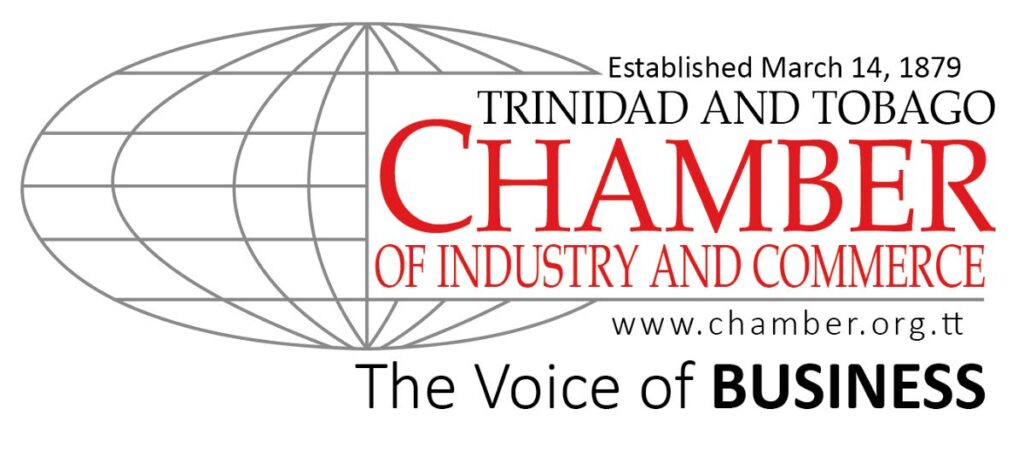Striving for gender equality

Over the decades, we have become closer to achieving the equality we desire, where women in the workplace are respected for their opinions, contributions and commitment.
The International Labour Organisation (ILO) Caribbean Company Survey 2017 found that women in the Caribbean make up 27 per cent of CEOs, 25 per cent of board members and 18 per cent of board chairs. We need to improve this.
Of the TT Chamber of Industry and Commerce’s 14 board of directors, six are women, all of whom give their time to mentor and inspire young women.
According to the ILO report Women in Business and Management: Gaining Momentum in the Caribbean, the Caribbean is a world leader in women’s representation at the top executive level, with 12 per cent of companies reporting gender balance at this level compared to eight per cent globally.
However, the Caribbean underperforms the world average in recruiting and retaining women through lower levels of management.
A higher proportion of companies in the Caribbean had no women at the junior and middle management levels – 16 and 19 per cent respectively – compared to the global average of ten per cent for each category.
A threshold of 30 per cent representation of women is considered the critical mass to yield positive gains from gender diversity.
US-based management consultancy firm McKinsey says research shows that companies in the top quartile for gender diversity on executive teams were 25 per cent more likely to have above-average profitability than companies in the bottom. Research from academics from the universities of Glasgow and Leicester said companies with more than 30 per cent female executives were more likely to outperform companies that do not.
How do we create gender diversity in the workplace?
Mentoring, skills training and equal pay are good starting points.
Women are society’s caretakers and caregivers, so understanding how we create structures to allow them to balance work and family life is important.

This may include offering childcare or elderly-care solutions, paternity leave, policies to deal with sexual harassment, and, depending on the type of job, flexible hours may be a consideration.
To achieve better gender balance on the boards of listed companies, the European Union in 2022 adopted the Women on Boards directive, which forms a part of the EU’s gender equality strategy. The goal is that by mid-2026, all stock-listed companies of the EU will have achieved a minimum of 40 per cent non-executive directors.
The document states, “Achieving gender equality in the workplace requires a comprehensive approach, which also includes fostering gender-balanced decision-making within companies at all levels, as well as closing the gender pay gap. It is a key prerequisite for reducing poverty among women."
The EU’s decision acknowledges the critical role that women play in the workplace and more so, in decision-making positions towards positively affecting performance.
It also demonstrates the value of a national strategy to drive diversity of backgrounds, ages and other factors.
Women’s economic empowerment is also a necessary issue to address.
Locally, where we have an informal economy and a lot of micro and small businesses are started by women out of their kitchens or living rooms, how can we ensure they are upskilled and have access to financial services? We have improved in the area of STEM, but how do we help our women who are involved in agriculture and the orange economy?
Invest in Women – Accelerate Progress, the International Women's Day theme, should not just be a 2024 theme, but a call to action for everyone at all levels – family, community and country.
A message from the TT Chamber of Industry and Commerce on the occasion of International Women's Day 2024.


Comments
"Striving for gender equality"